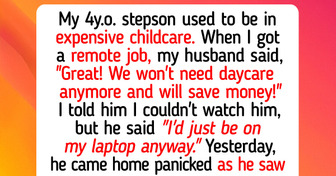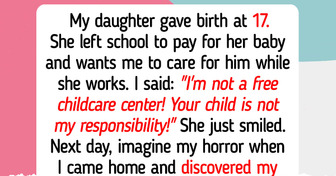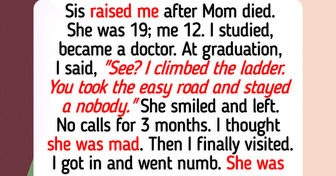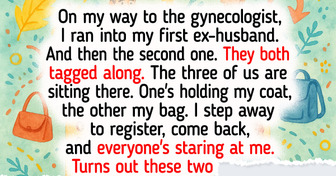12 People Who Were in the Right Place at the Right Time

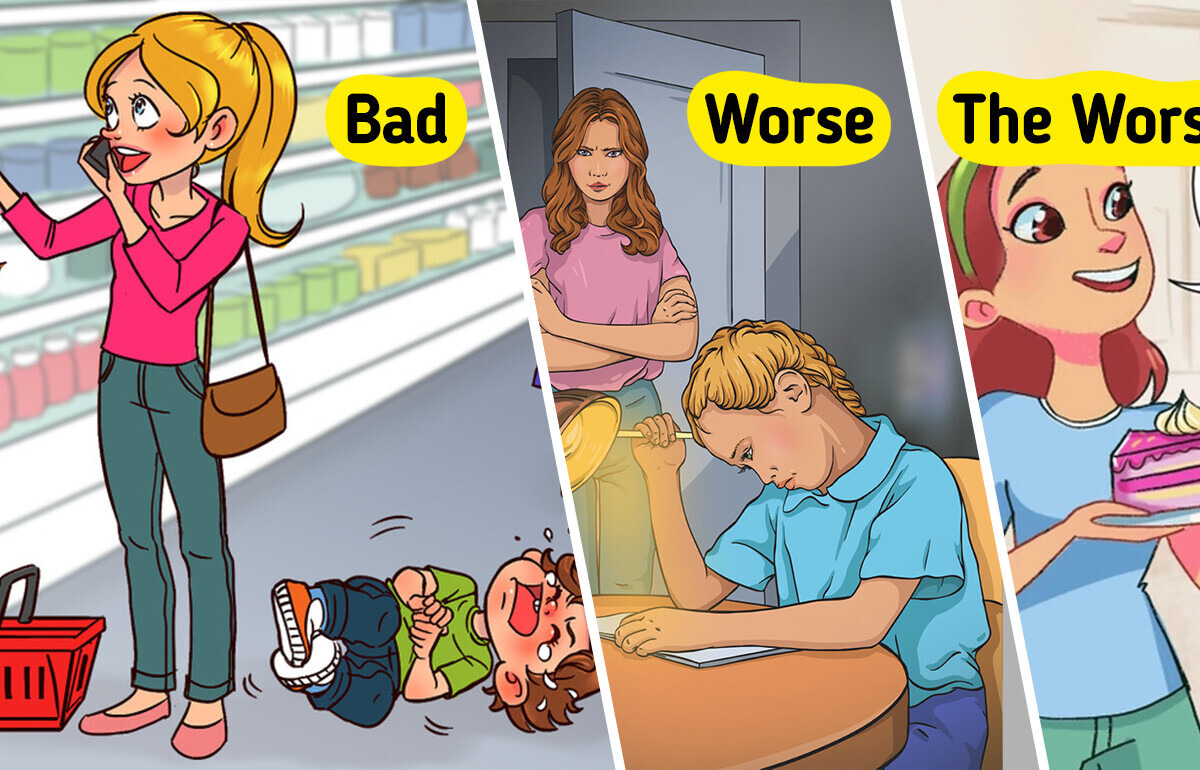
Parenting trends change with time, and what was once considered good parenting might now be seen as questionable or even harmful. Here’s a look at 9 once-popular tricks that have fallen out of favor in today’s more mindful, research-driven parenting landscape.

For decades, parents were told that putting babies to sleep on their stomachs was the safest and most comfortable method. Today, this is a big no-no. Studies have since linked stomach sleeping with Sudden Infant Death Syndrome (SIDS), and current guidelines strongly advocate for back-sleeping to reduce risk.

The “cry it out” method—letting babies cry themselves to sleep without comfort—was once considered tough love. Modern attachment-focused parenting, however, places more importance on emotional security and responsive caregiving, particularly during early development.
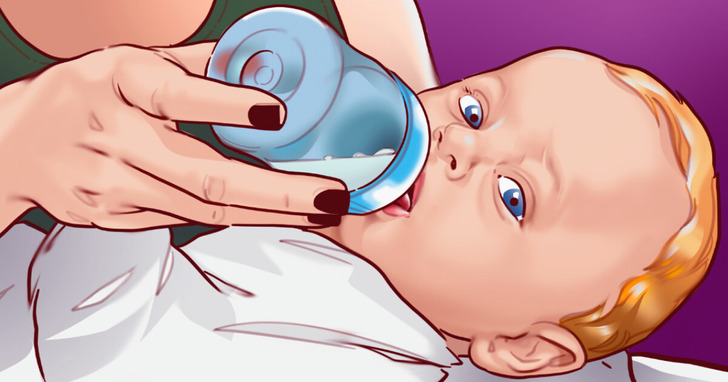
It used to be normal to give babies a taste of honey or sugar-laden treats. Now we know that honey can carry harmful bacteria (like Clostridium botulinum) dangerous to infants, and early sugar exposure is linked to dental issues.
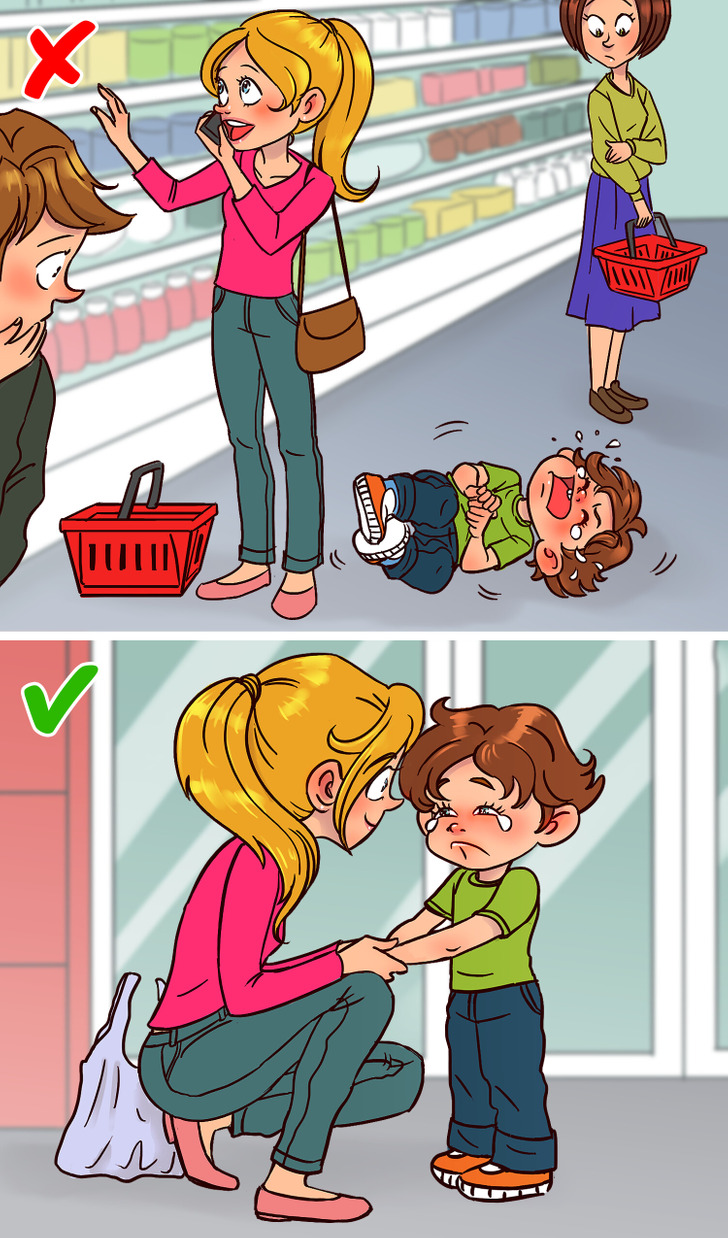
Old-school parenting sometimes involved embarrassing a child to teach a lesson—like forcing them to wear a sign about their misbehavior. Today, public shaming is generally seen as emotionally damaging and counterproductive, with emphasis instead on private, constructive conversations.

In the ’70s, kids often rode in cars without seatbelts—or even stood up in the front seat. Booster seats and proper restraints weren’t widely enforced. Today, strict seatbelt laws and child car seat requirements exist for good reason: safety.
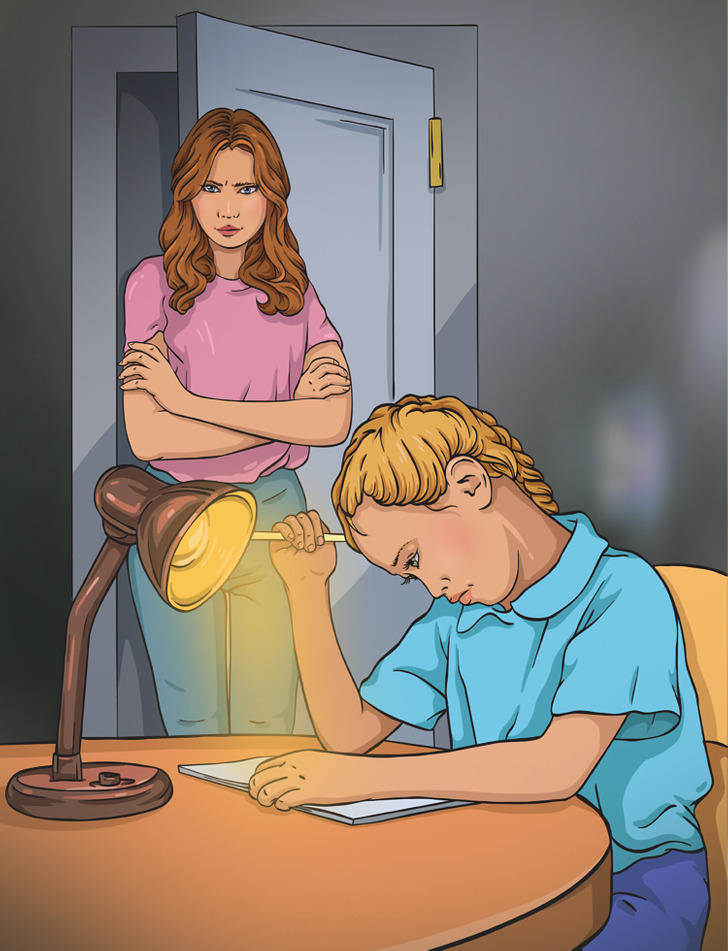
There was a time when, unless a child was vomiting or had a high fever, they were going to school. Period. Now, we understand the importance of reducing the spread of illness—not just for the sick child’s recovery, but for the health of others in the community.
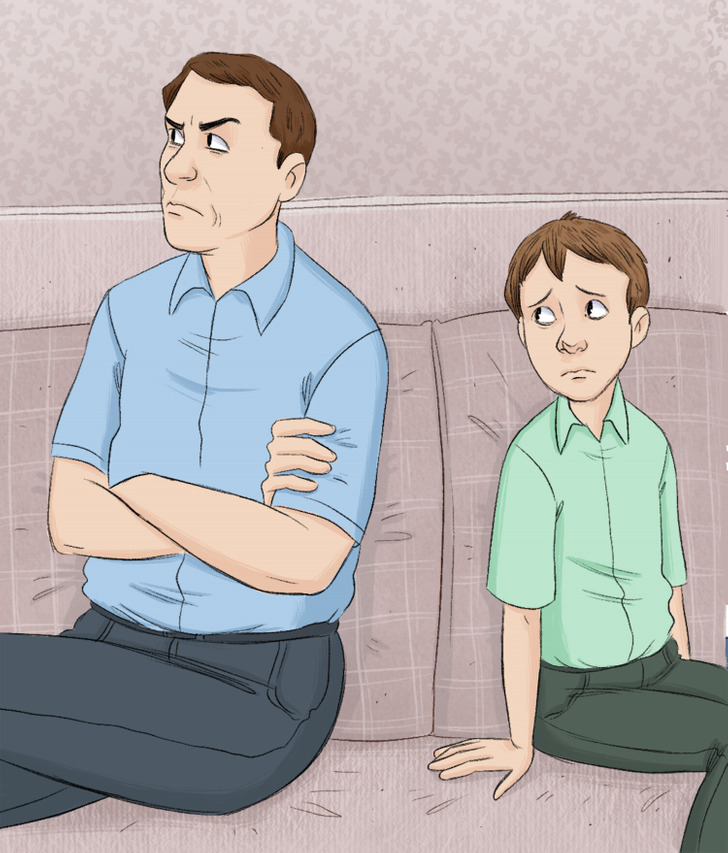
Children and teens expressing anxiety or sadness were once often told to “toughen up” or that they were just being dramatic. Today, mental health is taken much more seriously, with increasing support for therapy, open communication, and early intervention.
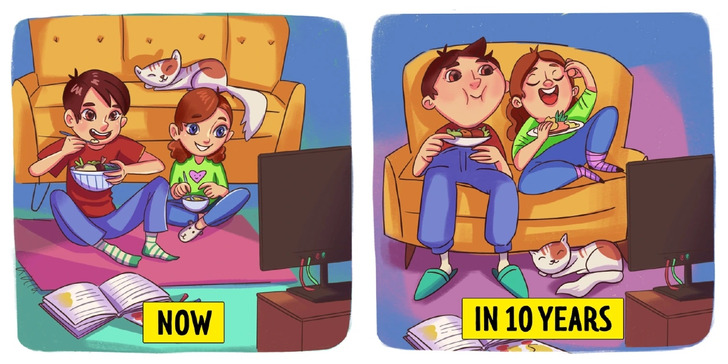
There was a time when parking a child in front of the television for hours was a go-to solution for keeping them entertained or out of trouble. While screen time isn’t inherently bad, today’s guidelines emphasize moderation, supervision, and promoting active over passive play.
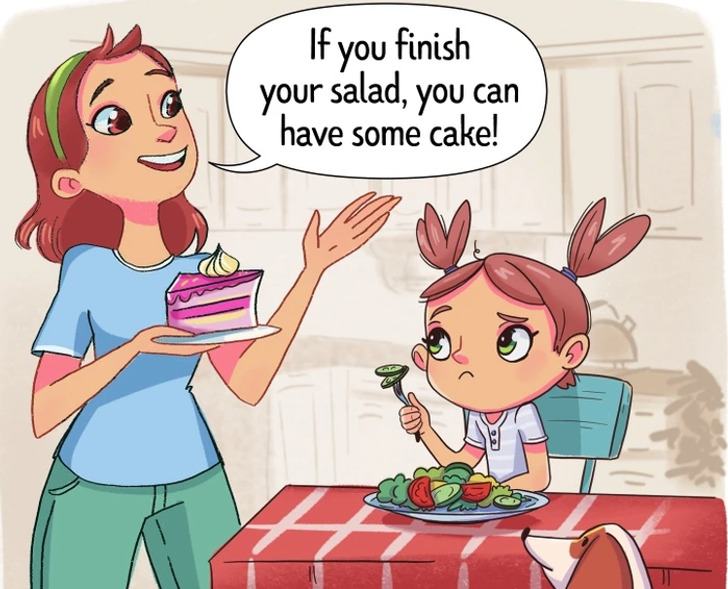
“Clean your plate or no dessert!” was once a common dinner table mantra. However, forcing children to eat everything served can interfere with their natural hunger cues and potentially lead to overeating. Today, parents are encouraged to teach intuitive eating and listen to their child’s hunger and fullness signals.
Parenting is a journey shaped by love, culture, and constant learning. While some old practices came from a place of good intention, we now know more about how to support children’s physical and emotional development in healthier ways.


